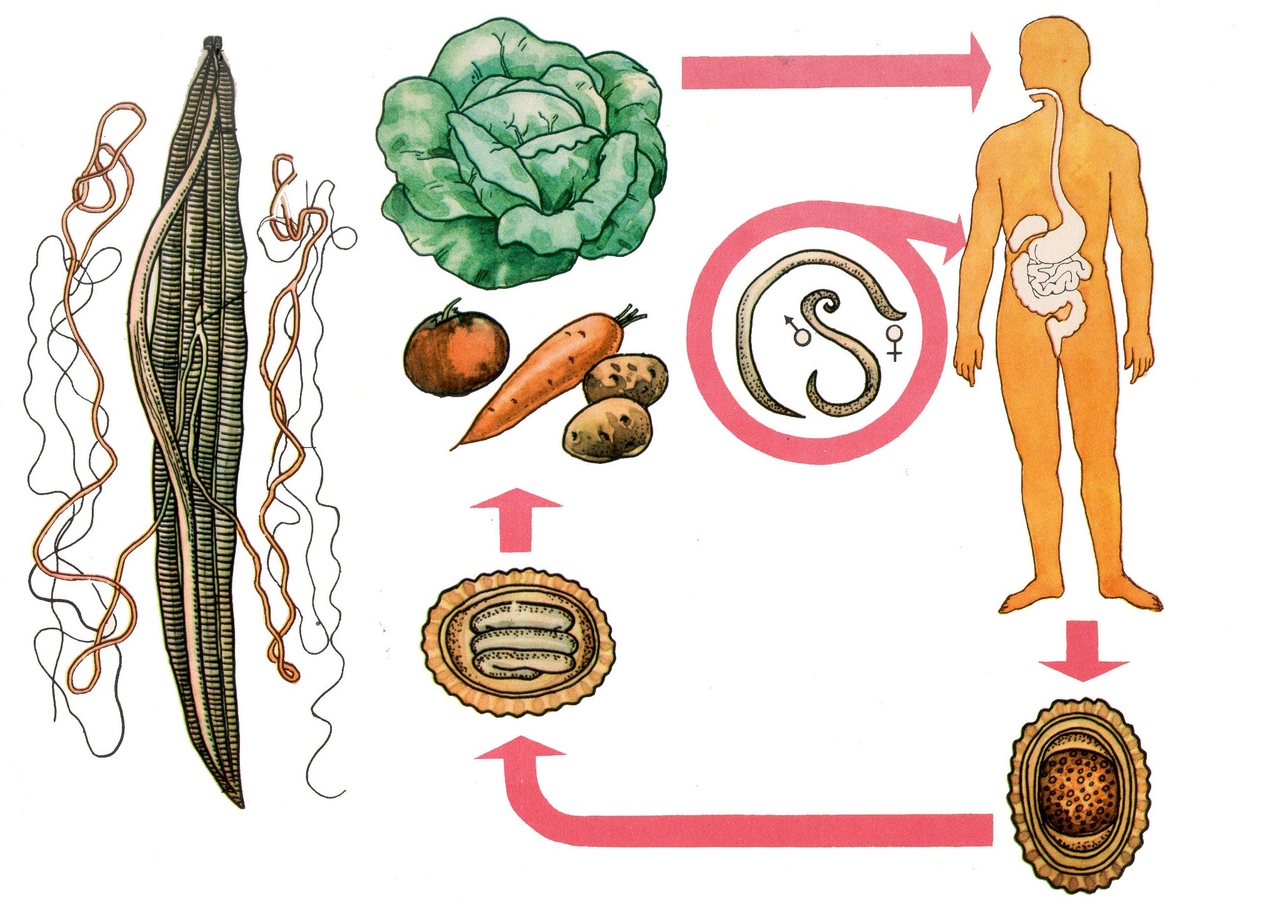Posts claiming that a dog deworming drug cures cancer are gaining traction on social media. The claims are based on the anecdotal account of Joe Tippens, who says that he used a combination of dog dewormer for cancer with CBD oil and turmeric/vitamin E to beat his cancer.
Fenbendazole is an anthelmintic that works by cutting off the parasite’s supply of food by collapsing tubulin, which is both their micro-skeleton and a highway for transport. It may also kill cancer cells directly.
Fenbendazole
Fenbendazole is a broad-spectrum anthelmintic drug of the benzimidazole class. It is used in veterinary medicine to treat gastrointestinal nematodes and lungworms.
The drug acts by interfering with the formation of microtubules, a protein scaffold that gives cells their shape and structure. Textbook depictions of cells resemble what appears to be an array of amorphous bags of liquid, but they establish their shape through the cytoskeleton, which is made up of microtubules.
In these experiments, mice were given three daily i.p. injections of fenbendazole or placebo, and tumor volume was recorded. After tumors reached a pre-defined volume, they were subjected to local tumor irradiation. Fenbendazole did not affect the growth of either unirradiated or irradiated tumors.
A number of cancer patients claimed that fenbendazole caused their tumors to shrink or disappear. However, these claims have not been backed up by scientific evidence. In addition, many of these patients reported that they first heard about fenbendazole from TV or YouTube.
Curcumin
Curcumin is a chemical found in the spice turmeric that has many health benefits. It destroys cancer cells and prevents their growth by blocking the signaling pathways that control cell proliferation. It also inhibits the production of proteins that promote drug resistance and improves sensitivity to anti-tumor drugs. It can also delay mucositis caused by chemotherapy and radiotherapy.
Several studies have shown that curcumin can reduce the progression of prostate, colon, and breast cancer. It can also help in the treatment of inflammatory conditions like arthritis and metabolic syndrome. It can also reduce the incidence of oxidative stress and muscle soreness in people who participate in regular exercise routines. The anti-inflammatory effects of curcumin can be achieved by taking it with piperine, which enhances its absorption. In addition, it can prevent the epithelial-mesenchymal transition (EMT) that allows malignant cells to invade and spread to other tissues. This process is regulated by transcription factors, including NF-kappa B and AP1. Curcumin can block these transcription factors and prevent the formation of angiogenic vessels that facilitate tumor growth.
Vitamin E
Joe Tippens was desperate to find a treatment for his cancer. His insurance company had already spent $1.2 million and he knew the time was running out. He decided to try fenbendazole, CBD oil and bioavailable curcumin and Vitamin E. His PET scan came back clear after only three months.
Studies have found that the natural form of vitamin E, alpha-tocopherol, has anticancer properties in vitro and cell studies have suggested that it might decrease cancer risk in humans. However, randomized controlled trials have not supported these findings and some studies have even shown that vitamin E may increase prostate cancer risk.
It is important to talk with your health care provider before taking any dietary supplement, including Vitamin E. It can interact with some medicines, including anticoagulant drugs (blood thinners) like warfarin (Coumadin), clopidogrel (Plavix), ticlopidine (Ticlid), and tirofiban (Aggrenox). Vitamin E also may interfere with the blood-thinning effects of selenium supplements. It can also reduce the heart-protective effects of statins.
CBD Oil
There is preclinical and some clinical evidence that CBD may address many of the symptoms and signs associated with cancer and its orthodox treatment. These include nausea and vomiting (CINV) and pain. Currently, there are two cannabinoid drugs approved for use in people with colorectal cancer: nabilone, which is a synthetic THC analogue, and nabiximols, which is a 1:1 mix of THC and CBD. Both come as capsules and can be taken orally.
CBD has been shown to inhibit the growth of glioblastoma tumors in mice. It also protects normal cells from damage by radiation and chemotherapy. It does this by blocking the actions of the endocannabinoid system.
Clinical trials have shown that CBD improves self-perceived ESAS-r emotional symptoms, such as anxiety and depression, in oncology patients. It also has anxiolytic effects in healthy volunteers and people with social anxiety disorder. However, it’s important to check with a doctor before using a CBD product to make sure that it won’t interact with any other medications you are taking.



